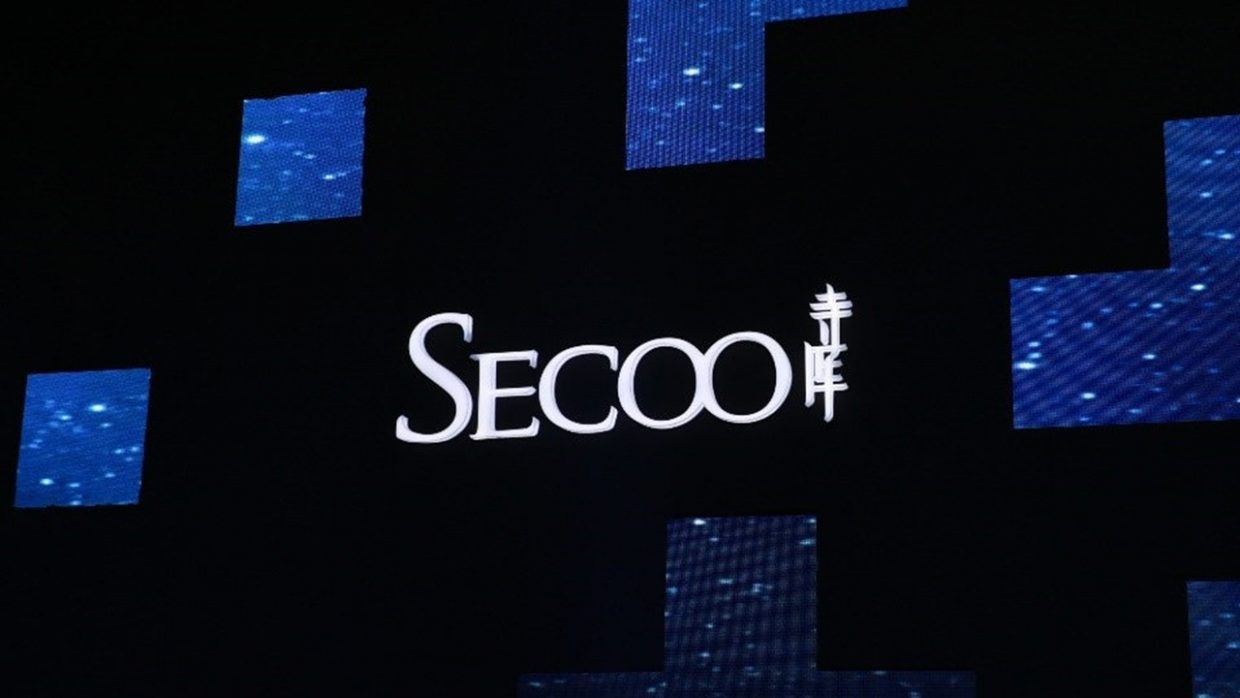What happened
Luxury e-tailer Secoo Holding Limited announced on January 11 that its board of directors has received a non-binding proposal letter from its founder, chairman and CEO Li Rixue (Richard) to take the company private. In it, Li proposed to acquire all of the outstanding class A ordinary shares of Secoo that are not already owned by him or his affiliates for 3.27 per American depositary share (ADS), or 6.54 per Class A Share in cash.
Given this, shares of Secoo surged by 18.2 percent to 2.85 as the market opened on Monday. Currently standing at over 201 million of market capitalization, Secoo first went public in 2017 at an IPO price of 13. The 10-year-old company hasn’t disclosed Li’s intention for making this proposal, nor time of making a decision on it at the time of publishing. If his proposal is accepted and completed, however, the luxury e-commerce company would have to delist from the tech-heavy Nasdaq.
Jing Take:#
The company hasn’t disclosed any further details, though there are two possible reasons for Li wanting to take Secoo private: one, today’s business landscape is fiercer then pre-COVID-19 and requires more energy from senior management, and two, continuous political threats from the US that have caused concern for many Chinese companies to delist.
COVID-19 has had a dramatic shift on the e-tailer’s financial performance. Contrary to other Chinese e-commerce platforms such as Tmall and JD.com, which have benefited greatly from the intermittent lockdown periods, Secoo’s earnings have been sliding drastically in recent quarters. Despite the rise of gross merchandise volume and order numbers, its net income dropped a staggering 98 percent in Q2 2020, though in Q3 it bounced back somewhat, showing a loss of only 66 percent. Meanwhile, competitor Farfetch has made substantial moves like its recent cash pump from Alibaba and Richemont. Add to that, Secoo faces mounting pressure regarding delisting threats from an initiative by outgoing US President Donald Trump, which hasn’t helped stabilize the company during an uncertain future.
If the proposal is accepted and Secoo delisted from Nasdaq, will it follow other US-listed mainland companies seeking to list Hong Kong? Or will Secoo hope to pick up momentum and take back its slice of the pie in 2021? Many questions remain, and hopefully, the answers won’t keep investors waiting for too long.
The Jing Take reports on a piece of the leading news and presents our editorial team’s analysis of the key implications for the luxury industry. In the recurring column, we analyze everything from product drops and mergers to heated debate sprouting on Chinese social media.

